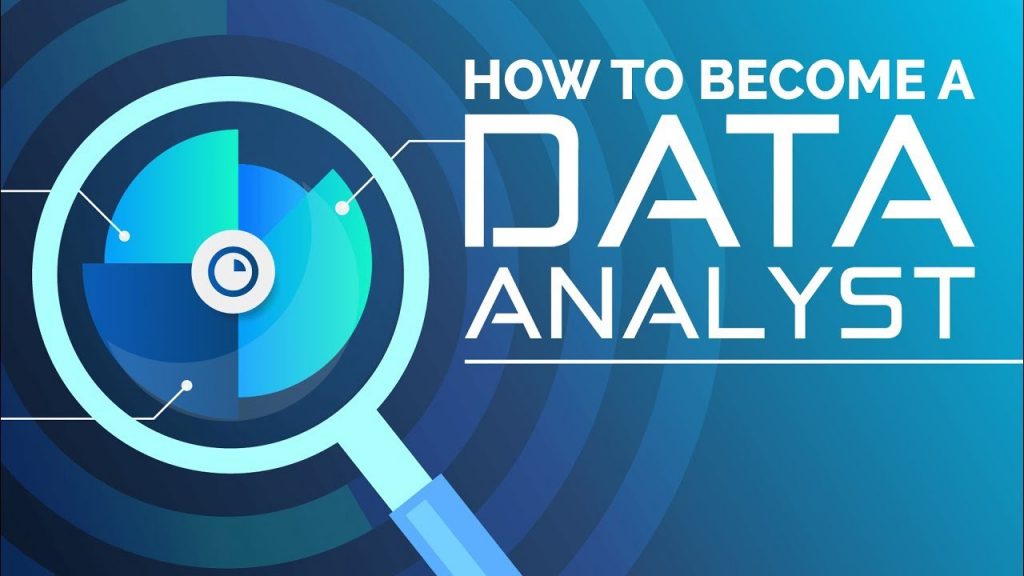Become a Data Analyst: Scope and Jobs
Index Of The Blog
Become a Data Analyst

A data analyst gathers, integrates, and interprets huge datasets statistically. They figure out techniques to use statistics for determining ways of solving issues. Data analysis has changed as a result of the advancement in technology and an ever-increasing tendency toward infrastructural intertwinement. The majority of data analytics roles entail collecting and cleansing data in order to find anomalies and business insights. The typical duties of a data analyst vary depending on the organization, firm, or just the kind of data analytics you choose to specialize in. They typically specialize in leveraging analytical tools, visualization, and programming techniques for developing graphs, designing, and managing relational databases and systems for many departments within their corporation. Various data analytic courses are available with diverse specializations catering to the needs of this challenging professional sector.
Scope:
To identify organizational goals, data analysts generally collaborate with IT teams, executives, and data scientists. They collect and organize data with quantitative and qualitative methods, then use conventional statistical tools and procedures to analyze and interpret the findings. In most settings, they identify innovative possibilities for continuous improvement by identifying trends, linkages, and structures in large sets of data. In addition to this, data analysts must generate papers on their results and inform industry leaders about future moves.
Jobs:
- Data Analyst: Data analytics solves all of an organization’s operational data-related inquiries. They typically operate on a particular subject using a centralized and powerful data analytics system. Experts in this sector have exceptional data processing, organizational, and analytical abilities.
- Operations Analyst: General optimization operations such as distribution, production, and organizational reporting systems are performed by professionals in this discipline.
- Data Scientist: They gather and analyze data in order to provide business useful input. Professionals in this field have access to cutting-edge modeling techniques that allows them to do statistical analysis and identify possible areas of opportunity. They design equipment to study industry trends and apply this data to their subsequent marketing campaigns.
- Quantitative Analyst: They are in charge of data analytics as well as regulatory compliance issues and innovative financial prospects.
- Data Analytics Consultants: They provide information to assist firms in identifying potential alternatives.
- Data Architect: Professionals working in this field are in charge of creating a preparing and designing sophisticated technologies to enhance the capacity of existing procedures. They’re also in charge of developing data policies and confidentiality requirements.
- Data Administrator: They are in charge of all data collecting, storage, assessment, and analytic procedures in an organization. Data administrators are in charge of servers since they are certified to maintain security as well as monitor workloads. They’re also familiar with server installation, upgrade tuning, optimization, and maintenance procedures.
- Digital Marketing Manager: To quantify visitations to social media advertising and webpages, digital marketing managers use Google analytics and other specialized sustainability techniques.
If you are looking for data-driven opportunities, then you must start by signing up for a data analyst degree and concentrate on the abilities having to invest and succeed in this industry.













